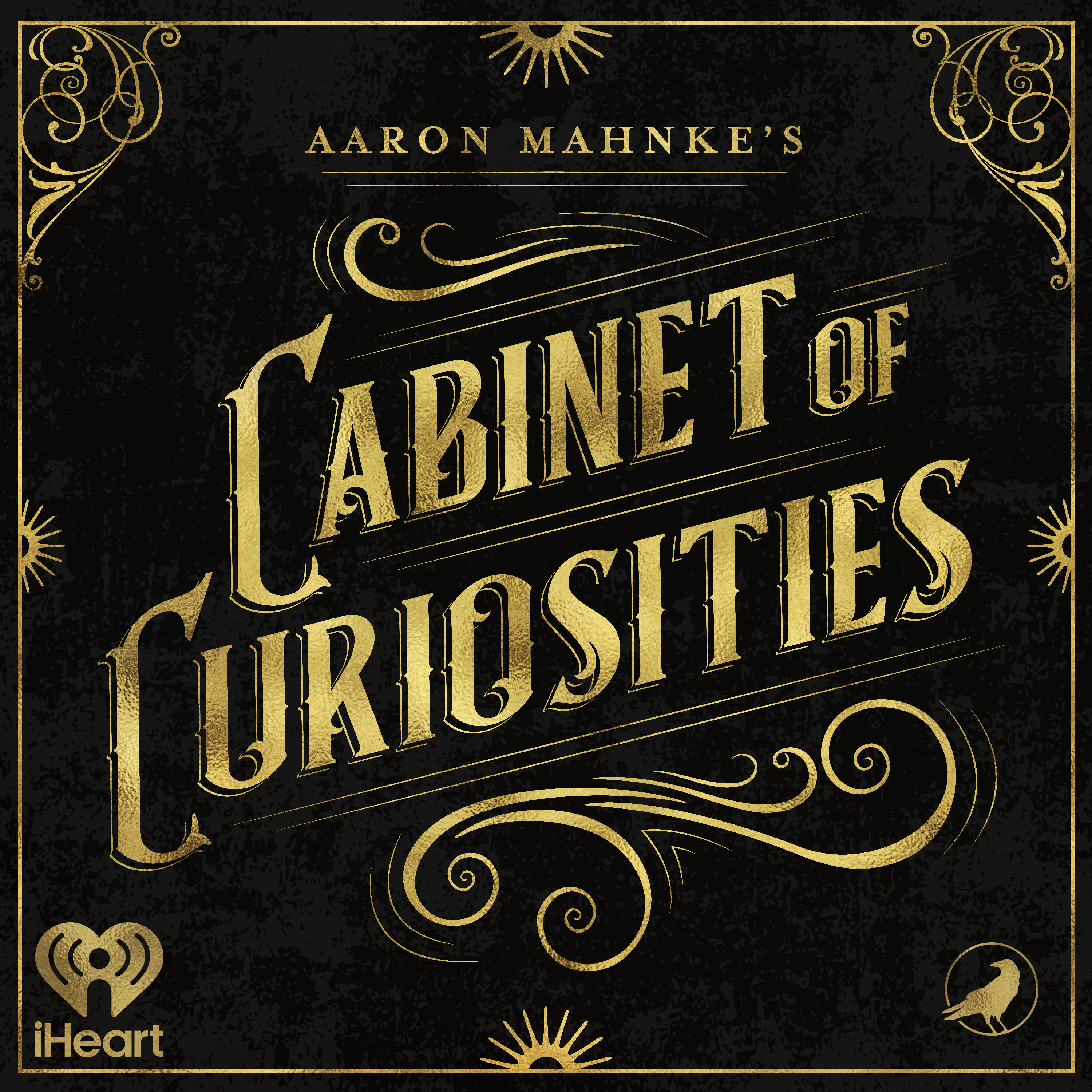Catching On
There are a lot of things in like to worry about, but these two examples are on the more curious side.
Order the official Cabinet of Curiosities book by clicking here today, and get ready to enjoy some curious reading!
See omnystudio.com/listener for privacy information.
Press play and read along
Transcript
Transcript is processing—check back soon.
Aaron Mahnke's Cabinet of Curiosities — Catching On
